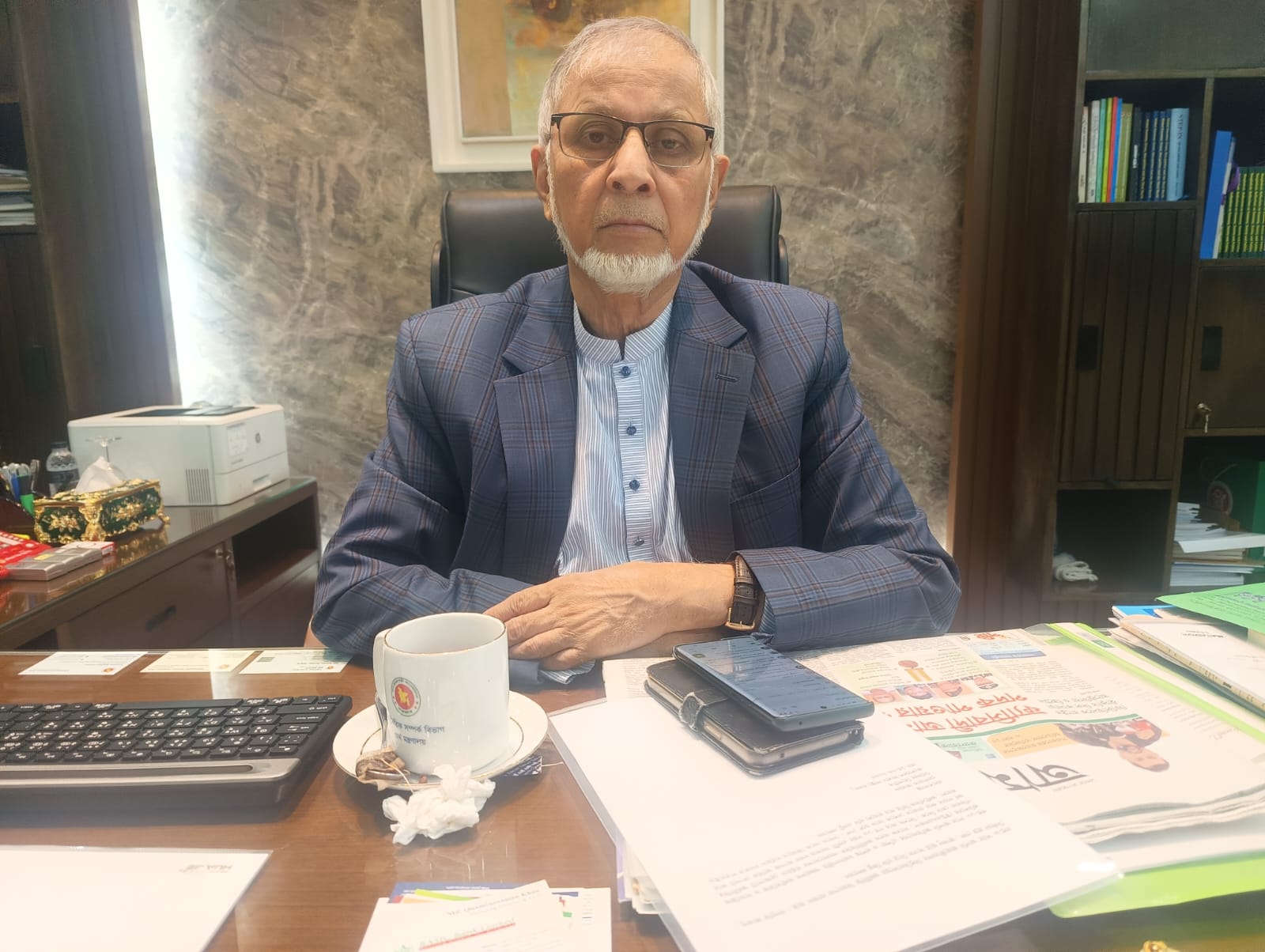News Flash
News Flash

DHAKA, Sept 23, 2025 (BSS) – Chief Adviser’s Special Assistant on Finance Ministry Dr. Anisuzzaman Chowdhury today said Bangladesh’s graduation from the list of Least Developed Countries (LDCs) will not put impact on price of medicines.
“There is often a fear that the price of medicines in the country will increase significantly due to the country’s graduation from the Least Developed Country (LDC) in 2026. But in fact, it will not have much impact,” he said in an interview with BSS today.
He said the import of medicines that are not manufactured in Bangladesh has nothing to do with graduation from LDC.
“Even for medicines that have intellectual property rights and we are also producing them, Bangladesh is not obliged to grant intellectual property rights according to the provisions of the WTO,” he said.
“The matter has been included in the patent law of Bangladesh in that way, meaning we don't have to worry about them either,” said Anisuzzaman.
He said Bangladesh has to follow some procedures set by the United Nations for graduating from the LDC.
“As part of that process, we have to prepare documents and send them to the United Nations by October 31,” he said.
Anisuzzaman said the documents will be evaluated by the United Nations Special Technical Committee next February.
“Our performance is much better in the evaluation of last February,” he said.
Anisuzzaman said the NBR reform is epoch-making, it was very necessary. In almost all countries in the world, those who make policies and those who collect revenues are separate, he said.
“It creates a conflict of interest when you are the prosecutor yourself as well as judge. Again, you are not a lawyer yourself. That is why it has to be separated. The separation of the NBR was very important for this,” he said.
Regarding the allegations of bribery, corruption and irregularities of various customs officials working under the National Board of Revenue (NBR), he said that in addition to bringing the officials under the law, religious values ??must be strictly observed. Only then can it be possible to return to a great extent from bribery and corruption, he said.
The economist warned money launderers saying stern actions will be taken against those who will be found guilty for laundering money in the future.
He also said that a committee has been formed with the Governor of Bangladesh Bank as the chairman for this.
Anisuzzaman Chowdhury said that when power changes in a country due to revolution, if the GDP decreases and goes into negative, unemployment increases, purchasing power decreases while poverty death rate and suicide rate increase.
“But none of this has happened in Bangladesh. Bangladesh's GDP has not gone into negative,” he said.
Stating that growth has slowed down somewhat, he said, "Although GDP growth has not increased much, our poverty rate here is much lower than other countries."
He said, "Our economic team is successful. We are the only country that can say loudly that we are doing well even in the aftermath of a mass uprising."